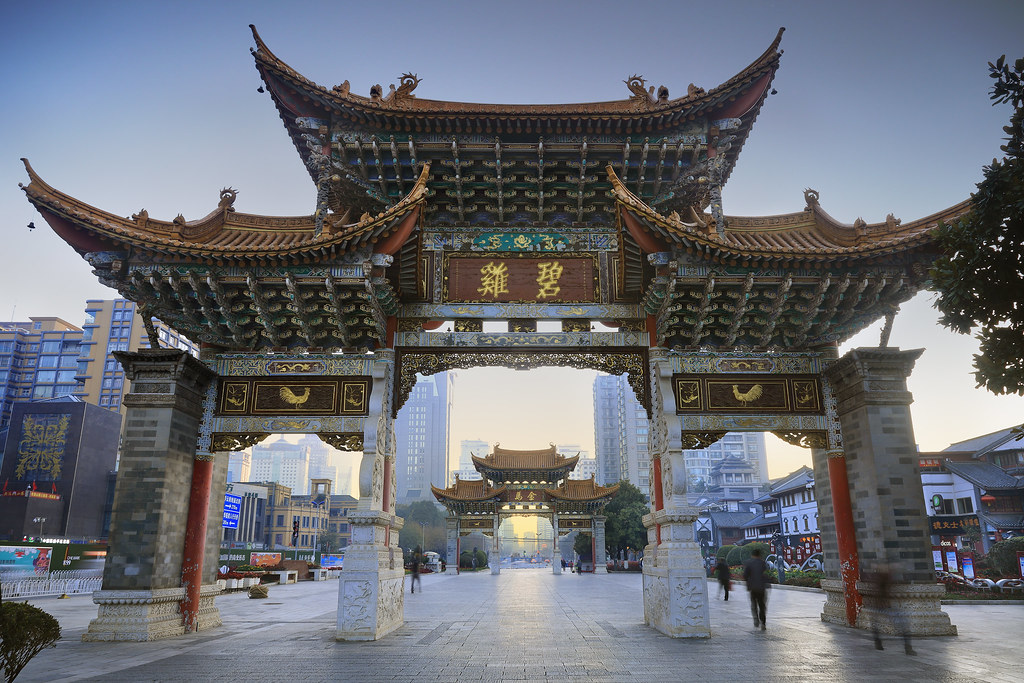“He who rides a tiger can never get off,” says an old Chinese saying. Today is the first day of the Year of the Tiger.
An ancient story states that the Buddha invited all the animals of the world to a feast to restore world peace and order. Only twelve animals showed up. As a thank you, the Buddha gave them the gift that they should each rule over one year, and decide over all events and destinies that year.
2022 is the year of the tiger, an animal that it is characterised as brave and energetic, but also impulsive and disobedient.
The description of the tiger is quite apt for those who have tried their luck at smuggling salmon into the Chinese market.

Diplomatic
Earlier this week, NRK presented a thorough piece of journalism in its documentary, spread over two episodes, about the awarding of the Nobel Prize to the Chinese dissident Liu Xiaobo, the subsequent political isolation of Norway and the negative consequences this had for Norwegian salmon exports to China.
Included is the dramatic story of the imprisonment of SalMar’s sales representative Yimin Dong, who is now in a cell in a Chinese women’s prison with a 14-year sentence. The Chinese-born Norwegian citizen Yimin Dong is in her fourth year now – for smuggling salmon.
Read also: SalMar and Sekkingstad have been linked to salmon smuggling in China
The diplomatic and legal support she has received from the Norwegian authorities has been disgraceful, and stands in contrast to what was given to two fortune hunters and mercenaries who a few years ago were convicted of a murder in Congo.
Dong ran the company SalMar Pacific, owned 50/50 together with SalMar. She represented large breeder SalMar at seafood fairs, and was thus imprisoned in 2018. For those who follow salmon news closely, there was little new NRK brought to the market, but for the general Norwegian public there are probably several aspects of history that are not as well known.
Kneeling
The government’s kowtowing to the great power China, not least with the rejection of the Dalai Lama in 2014, has garnered many column inches. It was dishonourable and something of a low point for Norwegian foreign policy and the fight for human rights.
However, this was not a solo play by the Solberg government. On the contrary, Solberg had broad political support and backing in the case, supported by the then opposition leader, now Prime Minister, Jonas Gahr Støre (Labor).
In the aquaculture industry, it was well known that quite a few salmon distributors smuggled salmon from Vietnam into China. There was an extensive redistribution of salmon from the very poor country into the powerful neighbouring country to the north.

A simple Google search for “trucks + riverboats + Vietnam + China + iLaks” will quickly reveal a number of articles on this topic on this site.
Prohibition period
Precisely the fact that the goods were banned from importation drove up prices and made the trade extra profitable, not unlike Al Capone and other liquor smugglers’ experiences during the prohibition period in the 1920s.
There were large fortunes to earn – in one sweep.
For a fast-growing market, which has the potential to devour well over 100,000 tonnes of salmon annually – and is expected to increase significantly in the years to come – the demand for red salmon is high. Not least since the red color means happiness and every Chinese party table should offer a rich selection of both meat and fish. When the supply of fish covers only a fraction of the demand, the price goes up.
Reputational damage
In the NRK documentary, SalMar and Sekkingstad are linked to the lucrative, but for many years illegal business. The reputational damage to the companies is obvious. But they were not alone, on the Norwegian side participating in this activity. Now several other export companies are sitting quietly in the hope that they will not be involved in this delicate affair.
Air-packed fresh salmon to China is still priced sky-high above market price, albeit driven by low supply due to corona restrictions more than reduced market access today. For in 2022, or the Year of the Tiger, Norway and China are approaching a normalisation in their diplomatic relations. Norway’s government has humiliatingly committed itself to sitting on the fence if its seafood suppliers are to regain full access to the vast Middle Kingdom market.











